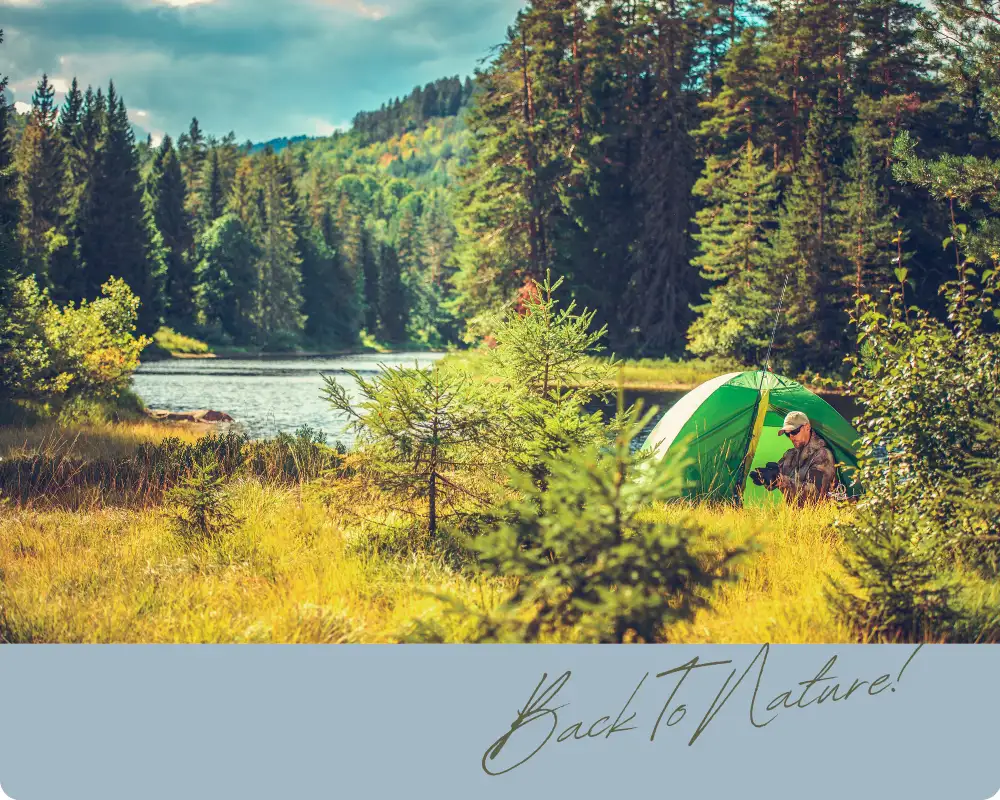The Natural Sanctuary for Mind and Body

Translated by AI
During the COVID-19 crisis, the human world faced tremendous challenges, as everything considered normal was forced to halt. Interestingly, this pause granted nature a brief respite, allowing ecosystems a chance to recover and breathe. The stifling feeling in urban settings coupled with the need for social distancing prompted people to leave cityscapes and reconnect with forests and seas, reestablishing a bond between humans and nature.
In this shift, many have felt the inclusivity, comfort, and stability that nature brings—its support and healing powers surpass expectations.
Nature All Around Us
As the world restarts and busy lives resume, many fall back into their hectic routines, making time spent in "nature" a rare luxury. Yet, it is not necessary to explore mountains or seashores to encounter nature. A small potted plant on an office desk is nature, as well as flower beds and street trees along sidewalks, the lush park around the corner, and even the chirping of insects and birds (possibly mixed with car engines and honking) through an open window. By focusing our attention, we can discover the abundant presence of natural elements that possess healing power.
Embracing Nature Is Innate
Humans' bodies and minds are part of nature; healing, restoration, and revitalization in nature stem from ancestral wisdom. As living advancements progressed, this almost instinctual natural drive was forgotten and later rediscovered, with practices such as forest bathing, tree-hugging therapy, forest healing, horticultural therapy, urban greening, and negative ions from waterfalls scientifically validated as natural healing methods.
Practiced in Japan, forest bathing (Shinrin-Yoku) gained medical attention during the late 1980s economic bubble. Scientific studies have confirmed that spending time in forests enhances immunity, lowers blood pressure, alleviates stress, improves depression, and boosts concentration. During the economic turmoil, this practice provided stability and was thus incorporated into Japanese medical treatment. Professor Yoshifumi Miyazaki, known internationally for his forest bathing research, inspired many countries rich in forest resources to follow Japan's example when promoting forest healing.
Internationally renowned American ecologist Dr. Gretchen Daily, recognizing the benefits of natural experiences on human health, aided governments in incorporating natural environments into urban planning, creating living spaces conducive to psychological well-being.
Activating the Five Senses in Nature for Mindful Healing
Often, we live with our senses dormant or numbed, creating a sense of separation and opposition between ourselves and nature. One essential aspect of nature's healing power comes from activating the senses—utilizing sight, hearing, smell, taste, and touch to awaken visual, auditory, olfactory, gustatory, and tactile experiences. It involves embracing the unity between humans and nature with the "heart."
In nature, four crucial elements exist: earth, water, fire, and wind. Mountains and land represent earth, oceans and rivers signify water, sunlight equates to fire, and air stands for wind. Meanwhile, our body's bones and muscles symbolize earth, bodily fluids—blood and urine—represent water, body temperature reflects fire, and breath embodies wind. Consciously awakening the senses to experience these natural elements can support the body's system, helping to regulate imbalances.
For example, at the beach, one sees the vast, endless sea and sky blending together. On the sand, one sits, lays, or walks, possibly submerged in cool seawater, drifting with the waves, feeling the sand's support and the water's embrace. Then, the sound of waves crashing against the shore and rocks, the cries of seagulls, and the salty scent of seawater permeate the air, accompanied by the briny taste of sea water in the mouth. Whether in a forest or by the sea, intentionally opening the senses and heartfully perceiving allows one to marvel at nature's harmony, releasing stress and experiencing the unity of heaven, earth, and humanity.
Every Leaf and Blade of Grass Holds Healing Power
Caring for plants is a form of nature healing that we can engage in within our smallest surroundings. For those unable to venture into forests or oceans, starting with tending to a couple of small potted plants and observing them can suffice.
When needing a change of mood, watering plants or loosening soil, even with small pots, allows one to inhale the varying scents of moist and dry soil. Even non-aromatic plants, when carefully sniffed, bear their own fragrance. Touching leaves and flowers reveals their textures—smooth, furry, soft—and nurturing plants requires heartfelt dedication, bringing calmness and attentiveness to the present moment.
Nature can be grand and distant, yet also intimate and near. Paying attention to the natural elements around us, we constantly find opportunities for support and healing.










